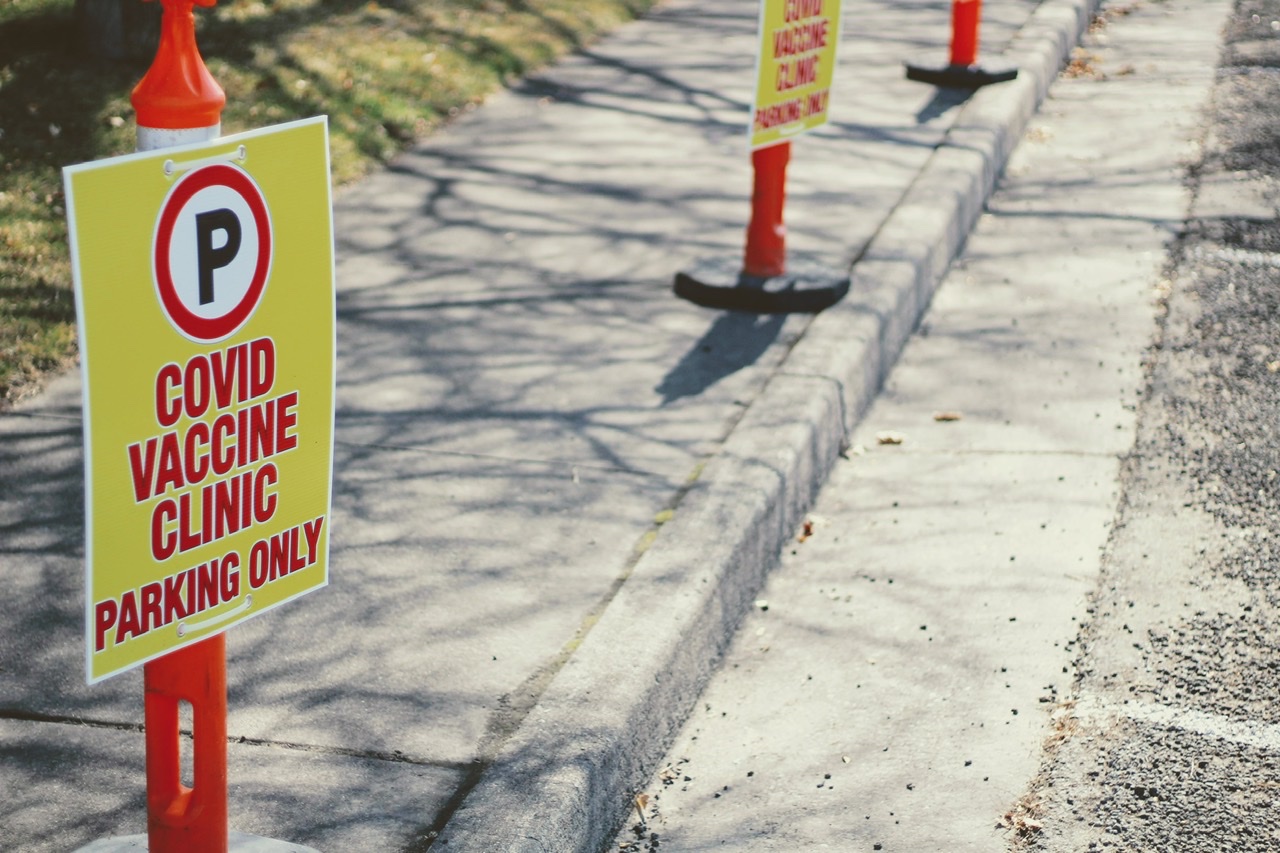
As the Australian vaccine rollout languishes the Australian Government appears to value pharma profits over protecting people from Covid.
Australia’s vaccine rollout languishes for lack of vaccines (while PNG faces a Covid disaster for the same reason) but chooses to protect the profits of big pharma rather than opening up vaccine production to a wider range of manufacturers.
In early 2020 it became clear that rich countries were buying up projected vaccine supplies until the end of 2022 through advance purchase agreements. By mid-September wealthy nations, representing just 13 per cent of the world’s population had cornered more than half (51 per cent) of the projected doses of leading COVID-19 vaccine candidates (Oxfam 2020).
The US has been the leading purchaser. As of late August 2020, the US had deals in place with seven companies securing at least 800 million doses and costing a total of $10 billion. These include deals with AstraZeneca, Novavax, Moderna, BioNT Pfizer and Sanofi-GSK.
The United Kingdom has been the world’s highest per-capita buyer, with 340 million doses purchased: around 5 doses for each citizen. UK has deals in place with AstraZeneca, Moderna, BioNTech-Pfizer, Valneva, and Sanofi GSK.
Notwithstanding widespread criticism of this ‘vaccine nationalism’ the UK, Europe and the US continue to work towards ‘herd immunity’, vaccinating perhaps 90% of their populations, while countries like PNG do not have enough doses to protect their healthcare workers and other frontline personnel.
The shortsightedness of this strategy is increasingly evident as new variants emerge in countries incapable of halting transmission, in turn threatening the security of the vaccine nationalists.
In October 2020 India and South Africa proposed a waiver of certain provisions of the WTO’s TRIPS Agreement (Trade-related Aspects of Intellectual Property) to enable a much wider range of vaccine manufacturers to deploy their production capacity in order to scale up global vaccine supply.
They requested that the TRIPS Council endorse a waiver of sections 1, 4, 5, and 7 of Part II of the TRIPS Agreement, in relation to COVID-19; to remain in place until widespread vaccination is in place globally, and the majority of the world’s population has developed immunity. These sections deal with copyright, industrial designs, patents, and the protection of undisclosed information.
There was widespread support for the proposal from developing countries (57 at last count) and from civil society globally but within the WTO a small group of rich countries, including Australia, sought to stall the proposal.
It is clear that there is unused capacity currently excluded from vaccine production and that the vaccine manufacturers are resisting expanding the production base. Abdul Muktadir, the chief executive of Bangladeshi pharmaceutical maker Incepta, told the Washington Post that he had emailed executives of Moderna, Johnson & Johnson, and Novavax offering his company’s help. He said he has enough capacity to fill vials for 600 million to 800 million doses of coronavirus vaccine a year to distribute throughout Asia, but he never heard back from them.
There are several different ways of enabling the involvement of a wider range of manufacturers in vaccine production.
In May 2020 Costa Rica proposed an open pooling of intellectual property around the various vaccines to facilitate wider involvement in production. The WHO developed this proposal into C-TAP – the Covid Technology Access Pool. However, the pooling would be voluntary and the vaccine manufacturers refused to have anything to do with it.
The countries opposing the TRIPS waiver, including Australia, have argued that individual countries can deploy the existing ‘flexibilities’ provided for in the TRIPS Agreement. Key amongst these flexibilities are the issuing of compulsory licenses for domestic manufacture and perhaps for export.
In a letter to the Public Health Association of Australia (PHAA) in December 2020, Senator Birmingham stated that “Australia is confident the in-built flexibilities in the TRIPS Agreement can support affordable access to patented products if needed.”
In fact, the rich countries led by the US have fought to diminish or eliminate such flexibilities through bilateral or regional trade agreements and the US has threatened sanctions against countries which have considered using them.
The argument that existing flexibilities are sufficient is flawed as while compulsory licensing offers a “product by product”, and “country by country” approach with variations in national laws, the pandemic requires collective global action to tackle IP barriers and facilitate technology transfer. The provisions for issuing compulsory licenses for export and import (Article 31bis) are notoriously difficult to use; indeed they were designed to be so.
Pharma claims that the solution to expanding production is the negotiation of bilateral voluntary licenses but clearly ‘flooding the market’ could have a serious impact on prices in the medium to longer-term and while there have been some contract manufacturing it has not yielded the supplies needed to vaccinate people in low and middle-income countries.
The new DG of the WTO has proposed a more organised approach to voluntary licensing and likewise, there has been discussion from the EU about encouraging pharma to enter more such agreements.
There is provision in the TRIPS Agreement for a waiver of the kind proposed by India and South Africa; it would only apply in those countries choosing to use it and it would only last for the duration of the pandemic until everyone had been vaccinated.
In his letter to PHAA Senator Birmingham argued that international intellectual property rules promote supply chain certainty and can help maximise global manufacturing capacity.
“IP rules also support the development and distribution of safe and effective COVID-19 vaccines. […] A broad waiver of IP rules risks slowing these efforts and thereby undermining Australia’s commitment to equitable and widespread access to COVID-19 health products.”
It appears that the minister’s reference to “supply chain certainty” is code for maintaining prices and profits through continued protection of IP rights. The vaccine manufacturers have asserted their right to increase prices (and profits, bonuses and dividends) as the pandemic comes under control.
In his letter to PHAA Senator Birmingham explained that “Our aim, however, is to work with like-minded partners to develop, promote and support international mechanisms to ensure the equitable and widespread access to COVID-19 health products.”
Presumably, he is referring here to the underfunded and extremely unambitious Covax facility. Assuming it was properly funded and the vaccine supply was there Covax is explicitly designed to only fund doses for 20% of the populations of low and lower middle income countries. While the rich countries aim for herd immunity Covax cuts out at 20%.
As the Australian vaccine rollout languishes the Australian Government appears to value pharma profits over protecting people from Covid.




